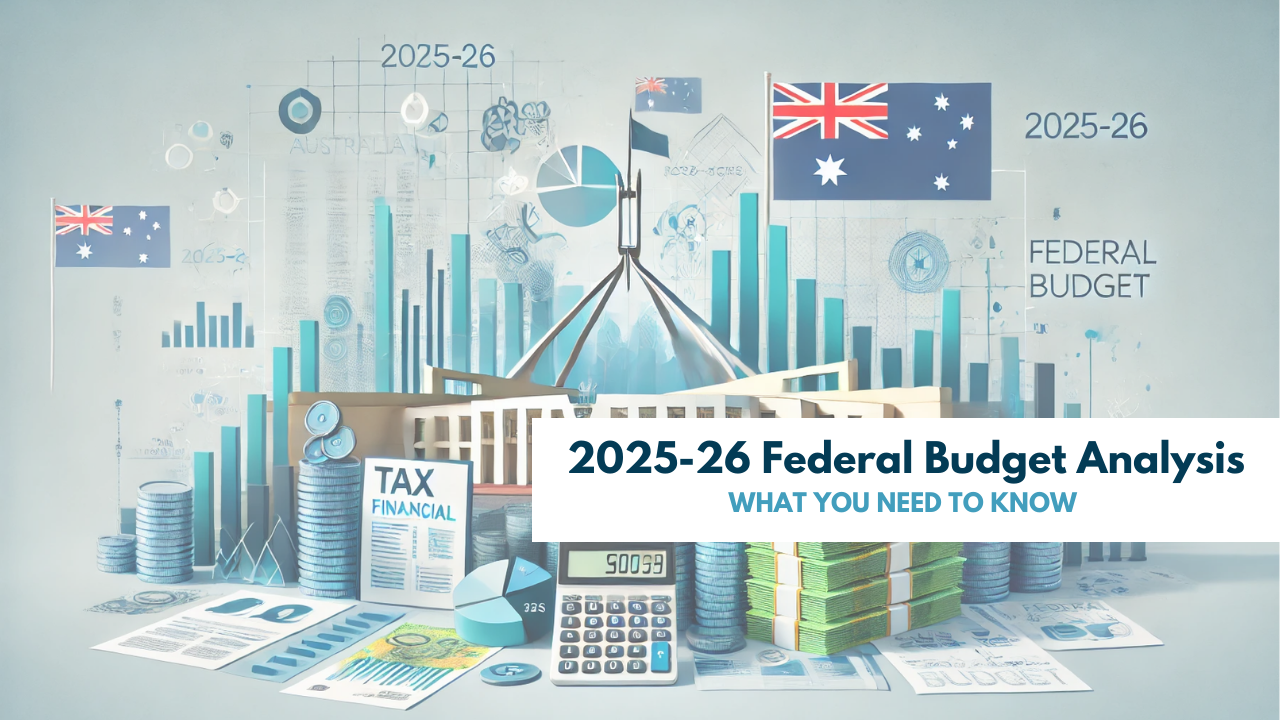Track and understand customers shopping habits using cookies
Track and understand customers' shopping habits using cookies

You know what chocolate-chip cookies are, but what about the 'cookies' that websites ask you to accept and that are somehow linked to digital marketing?
HTTP cookies, to give them their full name, are small packets of information that are stored on your computer when you use a web browser. So, when you visit your favourite websites, you will have downloaded certain cookies onto your device.
These cookies fall into three basic categories:
- Session cookies - these are stored in your temporary memory and will sit there for the duration of your visit to the site. They will then be deleted when the browser is closed. One use of a session cookie might be to record the contents of your shopping trolley.
- First-party cookies - these are permanently written to your device's memory and will only be deleted once they reach a specified expiration date. Uses might include remembering your sign-in details, or your preferred language etc.
- Third-party cookies - sometimes known as tracking cookies, these are also permanently written to memory, and are used to record and send information back to a third party. Tracking cookies might be used to see what you've been buying online, or to see what type of websites you habitually visit.
What practical use do these cookies have for your business?
Tracking and understanding your customers' shopping habits
Third party tracking cookies are the kind of cookie that we are really interested in. When used in a smart way, they help you to greatly improve the effectiveness of your marketing.
The information collected by third-party tracking cookies can be invaluable. The more you know your customers, the better you can serve their needs, and cookies help you do this in the digital realm by collecting the most useful data about your customers and prospects.
Cookies help by:
- Recording customer's browser activity - once a user has downloaded a tracking cookie from your website, this cookie can then track and record how people navigate your site, what products they click on and what searches they might make. And this is all gold dust when it comes to understanding your customers and their preferences.
- Sending targeted advertising - using the data from your tracking cookies, you can get a pretty good idea of the kinds of products, services, or special offers that a potential customer might be interested in. Armed with this information, you can then send out digital advertising content that targets their preferences.
- Retargeting customer with advertising - tracking cookies tell you all kinds of information about the location, browser activity and shopping habits of users. You can use this information to retarget your banner ads and online marketing to individuals on a one-to-one basis. So, if you're a shoe manufacturer, your target for a campaign may be 'People in London who search for training shoes'. Cookies help you to find someone in that demographic and send online banner ads to their browser, via an ad exchange.
- Assessing the performance of your marketing - using tracking cookies, you can start to understand how well specific ad campaigns or marketing activity is working. What you get is a pool of historic data, showing what engagement levels were like, who clicked on what, and what ads converted into sales - and that's hugely valuable for reviewing, assessing and evolving your promotional strategy.
By using tracking cookies in a smart way, you get a far clearer overview of your customers likes, dislikes and buying habits. Used wisely, they are in incredibly useful tool for a modern business.








